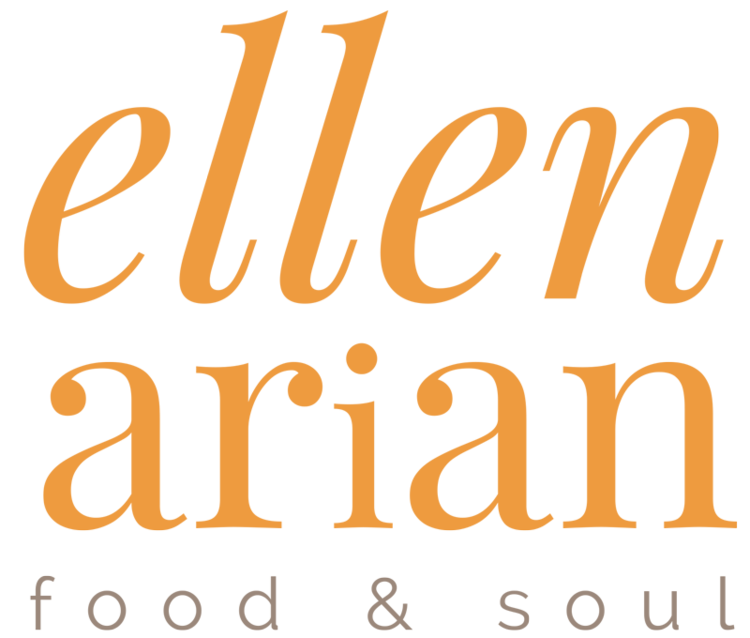Bread was central to the diet of ancient Romans; baked fresh daily, usually at home, it formed the basis of most meals. There were also commercial bakeries to provide daily bread for those not inclined to bake, and the professional bread bakers who worked them were influential and powerful. If someone “gave good bread,” or “bonum panem fert,” it meant this person was reliable and worthy of respect in the community.
Well established in Ancient Rome, Pliny the Elder and his nephew and adopted son, Pliny the Younger, were morally upright, sophisticated men who lived during the first century AD. Pliny the Elder, Gaius Plinius Secundus, was born around 24 AD and died in 79 AD during the eruption of Mt. Vesuvius.
Photo from Lapham’s Quarterly
Naturally curious, a quality he applied professionally as a naturalist, historian, and navy admiral, Pliny the Elder set out for Pompeii to investigate an unusual cloud formed by the volcanic eruption. He was ultimately drawn into danger by a family friend who signaled the need for rescue through a letter he received just before leaving home. Pliny the Elder changed his planned course and is thought to have died from poisonous volcanic gases. Pliny the Younger, who was seventeen at the time, watched the eruption of Mt. Vesuvius from Misenum, overlooking the Bay of Naples, and later wrote his observations and recollections in letters to his friend Tacitus.
How does all this connect to bread? We remember Pliny the Elder, referred to going forward as Pliny, for having written an encyclopedic book called Naturalis Historia, one of the most significant works to survive the Roman Empire. Like other Stoics, he encouraged reverence toward nature, and the thirty-seven volumes he wrote were meant to cover the full breadth of ancient knowledge about all that had been found on earth up to that point. Pliny encouraged Roman citizens to preserve the natural world by teaching them the many ways it could help them. It’s not surprising, then, that he wrote extensively about food, including the use of leaven in bread baking, which was to him what sourdough is to us today.
Pliny described various forms of sourdough leavening, including the practice of saving a portion of bread from one day’s baking to leaven the next day’s bread. This might still be our method for leavening if we lacked the refrigeration that allows us to maintain a starter and use it from loaf to loaf.
As I learned from culinary historian Farrell Monaco, Pliny also described a barley leaven that was baked into cakes before being fermented in vessels, and was later rehydrated for use as leaven in bread baking. We employ a method like this today when we dehydrate starter to preserve it for shipping and rehydrate it later when we’re ready to bake bread.
Pliny expressed an interest in good health and wrote, “Those person who are dieted upon fermented bread are stronger in body.” We sourdough bread bakers of today might agree with Pliny’s ancient observation.
Lately, I think about Pliny when I bake bread. Standing in my 21st-century kitchen and reflecting on his descriptions challenges my conception of what’s modern. Sourdough may be a trend today, yet it connects me to a continuum of bakers that stretches back to humanity’s early days. This reminds me that to the extent we have evolved we have also remained uncannily the same, and some of our most trusted methods for putting food on the table are those that people have relied on for centuries. Looked at in reverse, Pliny’s descriptions may be 2,000 years old, but they are also as contemporary as we are.
With Pliny in our thoughts as we tend and use sourdough for baking, we can all have worthy, intelligent companionship in the kitchen, reassuring us that as bakers we are never really alone. There is no mistake we might make that others haven’t made before us, or for which a solution has not already been found. Bakers have long overproofed and underproofed bread, forgotten the salt or added too much water to a dough, and baked lesser and better loaves. Still, there has been bread on the table and their baking has carried on.
Buon appetito!
Copyright, Ellen Arian, Ellen’s Food & Soul



